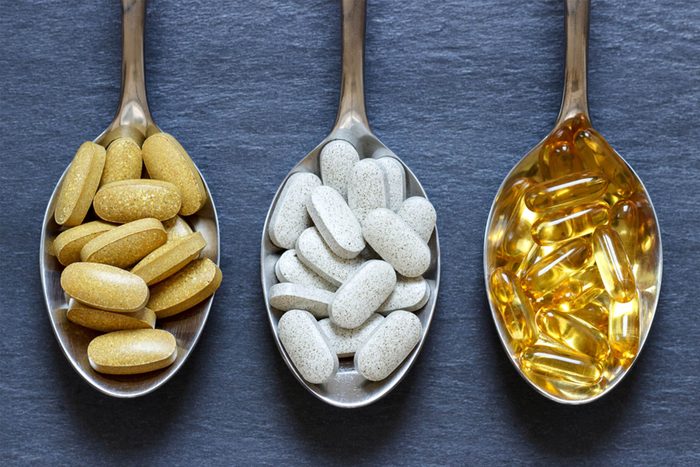
Too much of a good thing?
Vitamins and minerals are essential to health, but that doesn’t mean that megadoses will keep you out of the hospital or make you live longer. Some may be harmful. In most cases, it’s preferable to get these nutrients from a balanced diet. High doses of certain vitamins and minerals may be appropriate for certain people, though. Talk to your doctor about supplements if you are a woman of childbearing age, are a vegetarian or vegan, have limited exposure to the sun, are an athlete in training, or suspect for any reason you may be malnourished. Here’s the lowdown on eight common supplements.
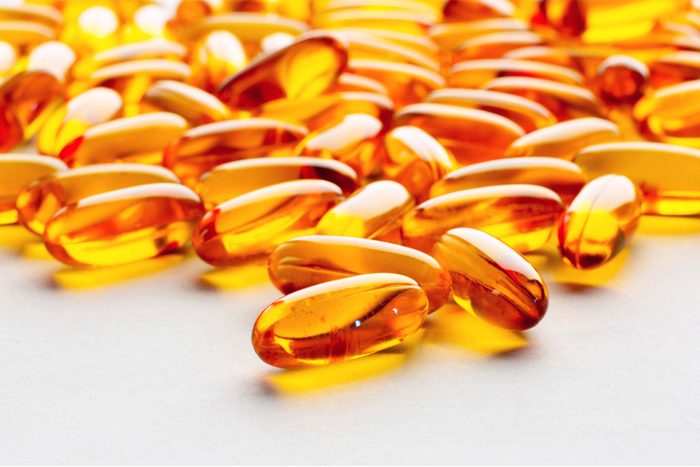
Beta-Carotene
For most healthy adults, the recommended daily allowance of beta-carotone (in the form of vitamin A) is 3,000 IU for males and 2,130 IU for females. Some of its highest food sources include carrots, spinach, kale, and cantaloupe. Some people take is as an anti-cancer antioxidant, but the supplements can actually increase risk of lung cancer in smokers and hasn’t been shown to prevent any other form of cancer.
Bottom line: Don’t take it.
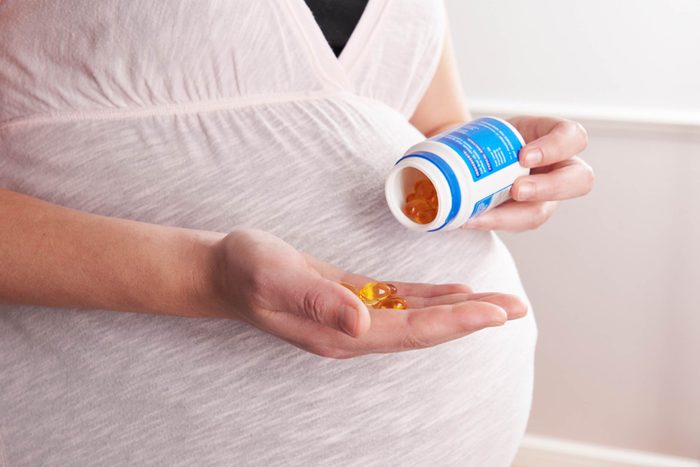
Folic Acid
Aim to get 400 micrograms of folic acid, found in fortified bread and breakfast cereal, legumes, and asparagus, every day. Because it’s been shown to reduce the risk of neural tube defects in newborns, some women take it while pregnant. But some doctors warn supplementation of food with folic acid could be fueling rising rates of colon cancer.
Bottom line: Only women who are pregnant or may become pregnant are advised to take it. Here are more supplements doctors say women are wasting their money on.
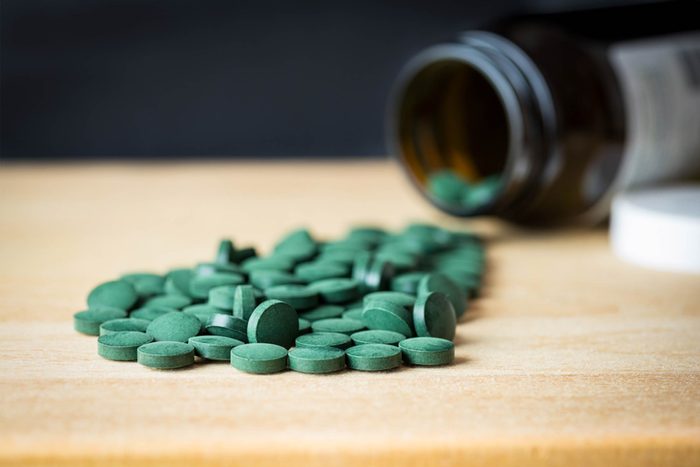
Selenium
Aim to get 55 micrograms of selenium from natural sources, like Brazil nuts, tuna, and beef. Some people take selenium to prevent cancer, especially prostate cancer. But those good intentions could actually be working against you—one major study found that taking selenium could actually increase risk of high-grade prostate cancer in men who were already high in the mineral. Selenium could also be one of the worst supplements for diabetes. Another 2007 study found a 50 percent increased risk of type 2 diabetes in people who took 200 micrograms a day.
Bottom line: Don’t take it. And don’t miss these other vitamin mistakes you don’t realize you’ve been making.
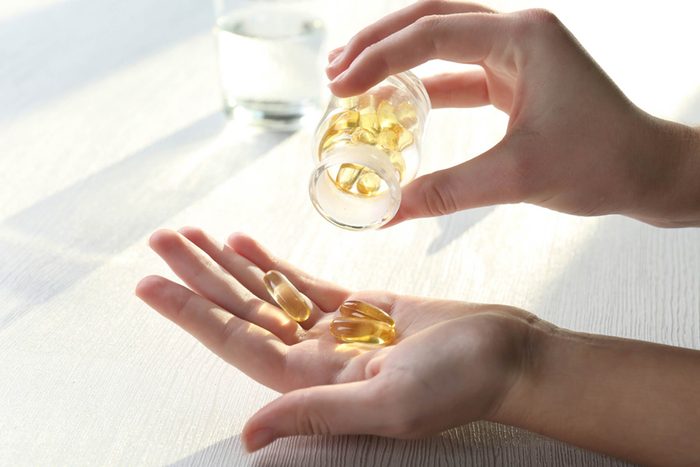
Vitamin B6
Adults between 19 and 50 should aim to get 1.4 milligrams of vitamin B6 from baked potatoes, bananas, and chickpeas daily. After age 50, men should aim for 1.5 milligrams, while females should get 1.5 milligrams. Some use it to prevent mental decline and lower levels of homocysteine (an amino acid associated with heart disease), but the studies are mixed. Two studies failed to show cognitive benefits, and while B6 does reduce homocysteine, it’s not clear whether this prevents heart attacks.
Bottom line: Take it only if your doctor recommends it.
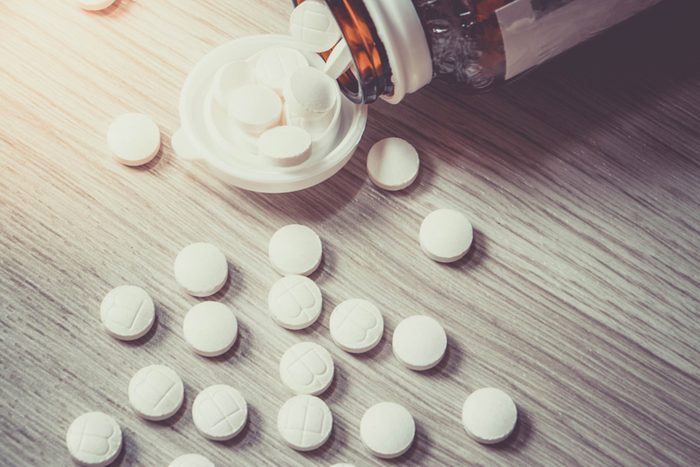
Vitamin B12
Vitamin B12-rich foods include fish and shellfish, lean beef, and fortified breakfast cereal; it’s a vitamin vegetarians and vegans tend to be low in. Aim to get 2.4 micrograms from those sources every day. Vitamin B12 deficiency, which can cause anemia and dementia, is a problem for some seniors, so supplements can help. However, high doses of B12 have not been proven to prevent cognitive loss, and they don’t boost energy.
Bottom line: Only take it if your doctor recommends it. These are the 14 vitamin brands doctors trust the most.

Vitamin C
Vitamin C can be found in citrus fruits, melons, and tomatoes; adult males should get 90 milligrams a day, while women should aim for 75 milligrams. Some people take it to protect against the common cold, but a review of 30 clinical trials found no evidence that vitamin C prevents colds. There are some exceptions though: It may reduce the risk in people who live in cold climates or experience extreme physical stress, such as running marathons. Smokers may need extra vitamin C. Studies haven’t backed up claims that high doses of vitamin C can fight cancer and heart disease.
Bottom line: Most people don’t need C supplements.
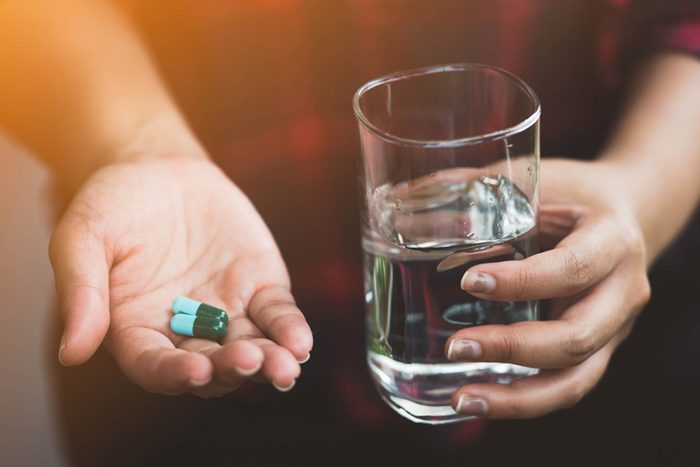
Vitamin E
Vitamin E—found in vegetable oil, nuts, and leafy green vegetables—has been thought to prevent heart disease, cancer, and Alzheimer’s disease. Try to get 15 milligrams a day from food. Not only have studies failed to show that vitamin E supplements prevent heart attacks or cancer, but high doses may increase the risk of strokes. One study found that vitamin E from food—but not supplements—helps prevent Alzheimer’s disease.
Bottom line: Don’t take it. Make sure you know the silent signs you aren’t getting enough vitamins.
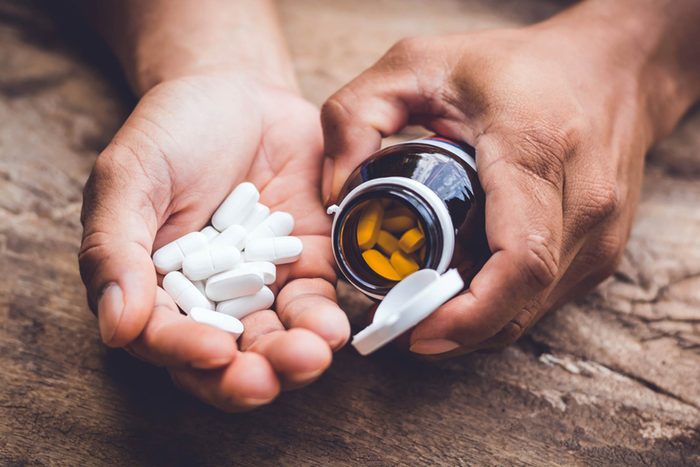
Zinc
The daily recommended allowance for zinc—found in oysters, lean beef, and breakfast cereal—is 11 milligrams for males and 8 milligrams for females. There are claims that the mineral can prevent and treat symptoms of the common cold, but the evidence doesn’t hold up. A few studies suggest that cold symptoms are less severe and resolve sooner in zinc users, but others show no benefit. Plus, high doses can actually weaken the immune system. So make sure not to take too many zinc immunity shots.
Bottom line: Don’t take it except for occasional use of zinc lozenges or sprays for colds. Next, look out for these 22 warning signs your vitamins aren’t going to work.